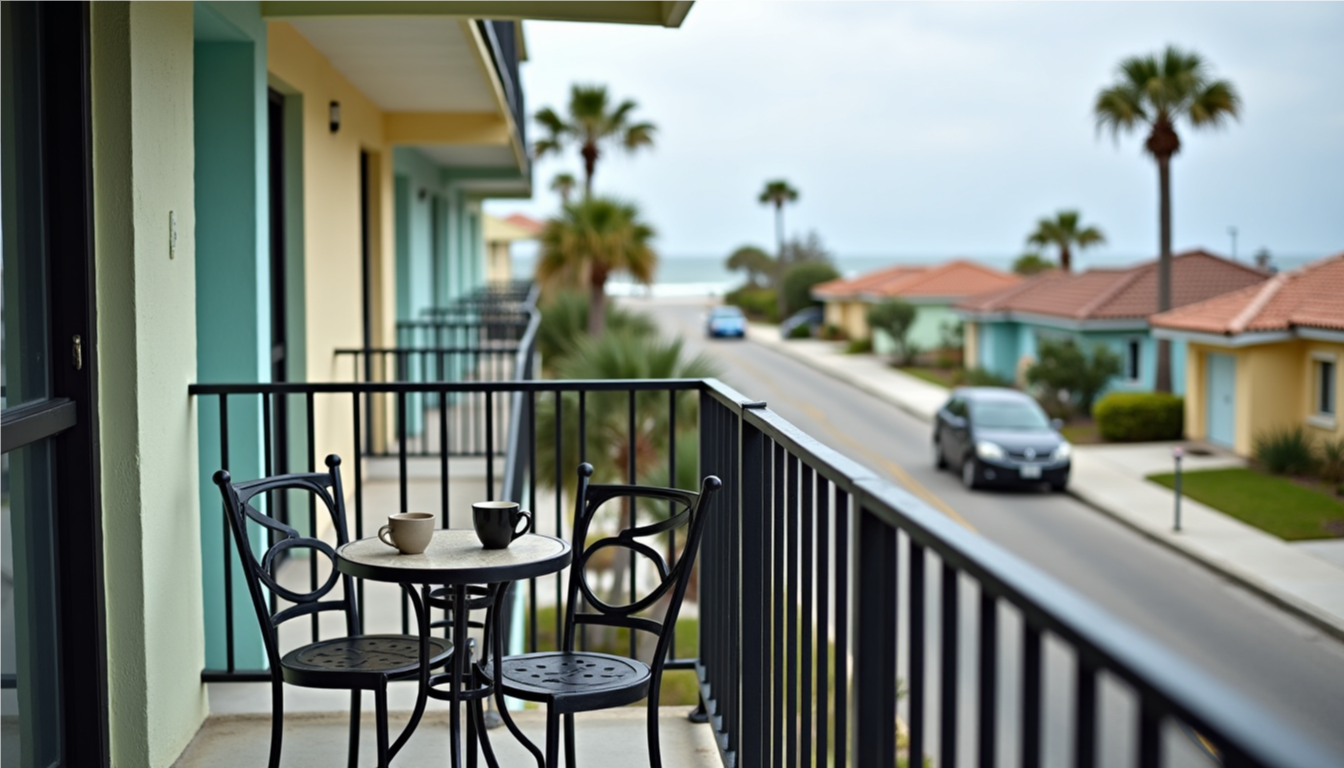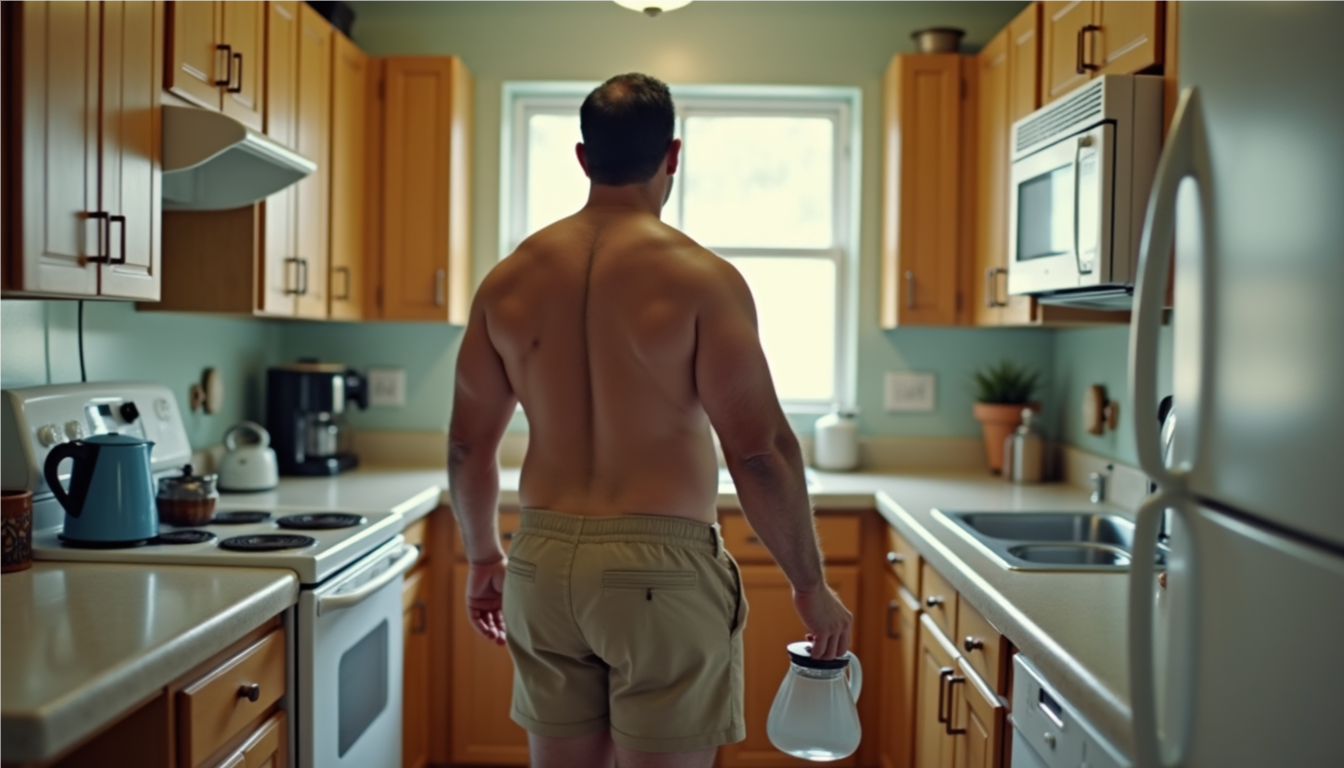Confessions from the Shadows
Goodfellas: The Last Man Standing series
Years ago, while researching another Lucchese crime family story from the early 1980s, I stumbled on a rumor—one that refused to die. It claimed that a made man from Paul Vario’s crew had vanished with most of the jewelry from the 1978 Lufthansa Heist. Over $750,000 of the roughly $875,000 in stolen jewels never surfaced—at least not officially. From time to time, pieces would show up in private collections, pawn shops, and police seizures, usually in Florida.
For years, I brushed it off—a mob fairy tale. But every time I chased another story, I’d ask around, half-joking, half-hopeful. And the rumor grew teeth. Now, three years later, I’ve confirmed it’s true.
This series, Goodfellas: The Last Man Standing, is my investigation into the man who outlived Jimmy Burke’s bloody cleanup, the Lufthansa loot, and every cop who chased the case. It’s the story of one man who survived—and the secrets he kept hidden all these years.
Confessions from the Shadows
The phone buzzed on the nightstand just after midnight.
I didn’t recognize the number—Florida area code, unlisted.
“Hello?”
A beat of silence. Then a voice, low and steady.
“My name is Anthony Marzano. I hear you've been looking for me. Why don’t you come over and we can put all this talk about the Lufthansa Heist and jewels to rest?”
Anthony Marzano lives in a quiet corner of South Florida, in a stucco apartment complex tucked just off the main drag. No ocean view. No manicured lawns or flashy cars. Just faded paint, trimmed palms, and rows of aging buildings housing retirees, snowbirds, and the occasional drifter who never left. His unit is on the second floor, a corner apartment with just enough sunlight and just enough anonymity.
Inside, the place is as nondescript as the man himself. Two bedrooms, one converted into a home office. The space is clean and impersonal—no family photos, no decorations—just a stack of newspapers on the kitchen counter, a coffee pot warming quietly, and a folding chair by the balcony door. The bedroom that should be a master suite has been turned into a workspace. A small wooden table with two metal patio chairs is set up on the balcony, offering a view of the parking lot and a strip of trees beyond it.
We sit outside. It’s not quite noon. The Florida sun is rising but softened by a layer of overcast. Anthony pours two mugs of black coffee and sets one in front of me. Then he settles into the chair across from me.
He’s stocky—thick in the shoulders and chest, the kind of build that tells you he used to be stronger than most and still is, even now. There’s a belly, sure, but it’s not soft. It presses against the front of his tight cotton shirt like there’s still muscle under there somewhere, which I found out there is after he he decided to get some sun and removed his shirt. His arms are solid. Not gym-sculpted—just dense, natural strength that never fully left.
His hair is receding, but dyed jet black and combed back in a slick wave, giving it that perpetual wet look even in the heat. No gray in sight—not by accident. His skin is sun-soaked, a deep leathery tan that only comes from years under open skies. He’s wearing tan dress shorts and no shoes. His bare feet rest flat on deck, calloused and brown, with clear flip-flop tan lines that say shoes haven’t been part of his daily routine in years. His face is weathered, lined with deep creases around the eyes and mouth, but it holds together well. No sag. No frailty. Just time, etched in.
He lights a cigarette.
WILL RYLAND (WR):
Let’s start simple. Where were you born?
ANTHONY (pausing, then raising a hand):
Before we get into this, I need you to hear something—and take it seriously.
You can write your piece, tell your story, whatever you want to call it. But my name now, the one I live under? That doesn’t go in your notes. Doesn’t go in the story. Neither does this building, the street, or even the city if you can help it.
WR:
Understood.
ANTHONY (leaning forward slightly):
No—I mean it. I’m not joking around here. I’m taking a big risk by talking to you. I may be old, but I’m not stupid. There are still people out there who would bury me if they knew I was alive. I disappear from this place the second I think you’ve put a target on me. Clear?
WR (quietly):
Clear. What’s said on this balcony stays on this balcony. I’ll refer to you the way people used to—Anthony. Nothing more.
ANTHONY (nodding, backing off):
Good. Then let’s begin.
WR:
Where were you born?
ANTHONY:
Brooklyn. Bensonhurst. 1947. My old man was a butcher. Mom stayed home. We weren’t rich, but we ate well. That was the rule—no matter how bad things got, there was always a plate on the table.
WR:
How did you get mixed up with the Lucchese family?
ANTHONY:
Mixed up? [Laughs] You make it sound like it was an accident. It wasn’t. Guys like me, we didn’t stumble into it—we were raised around it. My uncle ran numbers for a long time. My older cousin drove for Tuti Vario. I was around, doing runs, errands, since I was 15. That’s how it started. Just small stuff.
WR:
Tuti Vario—Paul’s brother?
ANTHONY:
Yeah. Tuti ran things a little quieter than Paul, but just as tight. You didn’t get second chances with him. You earned your way in or you got left behind. He was the one who brought me up. Showed me how to make collections, how to keep books clean, how to watch for cops. By the time I was 22, I was earning decent. Nobody was rich, but I was respected.
WR:
When did you make your bones?
ANTHONY:
[Long pause]
You know what that means, right?
WR:
Yes. Your first sanctioned hit.
ANTHONY:
Right. I was 26. There was a guy who ran a card game in Ozone Park. Low-level guy, not made, but he started skimming off the top. Worse—he started talking like he wanted to flip. Paul gave the order. I did it. Quiet, fast, and respectful, if there is such a thing. That’s how you get your button. After that, I wasn’t “with the guys.” I was one of the guys.
WR:
And that’s when Paul Vario brought you closer?
ANTHONY:
Exactly. I started running errands for him personally. basic stuff, mostly—checking on fronts, collecting from bagmen, keeping an eye on guys who had tempers. I kept my head down. No arrests, no headlines. That’s how Paul liked it. And that’s how I stayed alive.
WR:
So how does the Lufthansa Heist come into the picture?
ANTHONY:
Jimmy [Burke] was tight with Paul. Everyone knows that. Jimmy had the crew, the logistics, the guts. But when it came to fencing the haul—especially the jewelry—he didn’t trust just anyone. Paul gave him names, and I was one of them. Said I was smart, quiet, dependable. I’d done good work before.
WR:
So your role was?
ANTHONY:
To hold onto some things. Just for a few weeks. The heat would die down, and we’d pass them through our usual pipeline. I had experience moving smaller stones before. This wasn’t new to me. But this—this was something else.
WR:
How much did you hold?
ANTHONY:
That’s the part you want me to say, huh? [He smiles, sips coffee.]
Enough that I stopped sleeping well.
WR:
You’ve been hiding a long time.
ANTHONY:
Not hiding. Surviving. There's a difference. When the bodies started dropping, I knew what Jimmy was doing. Anyone who could tie him to that airport, anyone who might talk—he took care of them. I wasn't planning to be on that list. So I left.
WR:
That’s a big move—leaving everything behind.
ANTHONY:
You ever see a guy get shot for doing nothing but being in the wrong room? I did. That changes you. You don’t wait for someone to knock on your door. You go. I didn’t take anything I wasn’t already holding. I just didn’t return it.
WR:
You changed your name?
ANTHONY:
Yup. Got paperwork through a guy who owed me. Moved down here, got quiet. Learned to fish, paid cash, never stayed in one place too long until I found this one. It’s been good to me.
WR:
You don’t seem like someone burdened by regret.
ANTHONY:
Because I’m not. Regret gets you killed in this life. You learn to live with the decisions or you don’t live long.
WR:
What happened to the jewelry?
ANTHONY:
[Smiles]
You still think this is about jewelry? Come on, you’re smarter than that.
WR:
So you won’t answer?
ANTHONY:
I just did. [He stands, pours more coffee.] You came for a ghost story, and here I am. Still breathing. Maybe that’s the real story.
WR:
Do you ever worry someone will find you?
ANTHONY:
They already did. His name’s Will Ryland, and he drinks his coffee too slow.
We both laughed at that. But his eyes didn’t.
That’s where we left it—at least for now.
Next Friday:
The Hidden Fortune.
Anthony Marzano confesses what really happened to the missing Lufthansa jewels—and shows me proof. One piece, still untouched, that’s been with him all these years.




